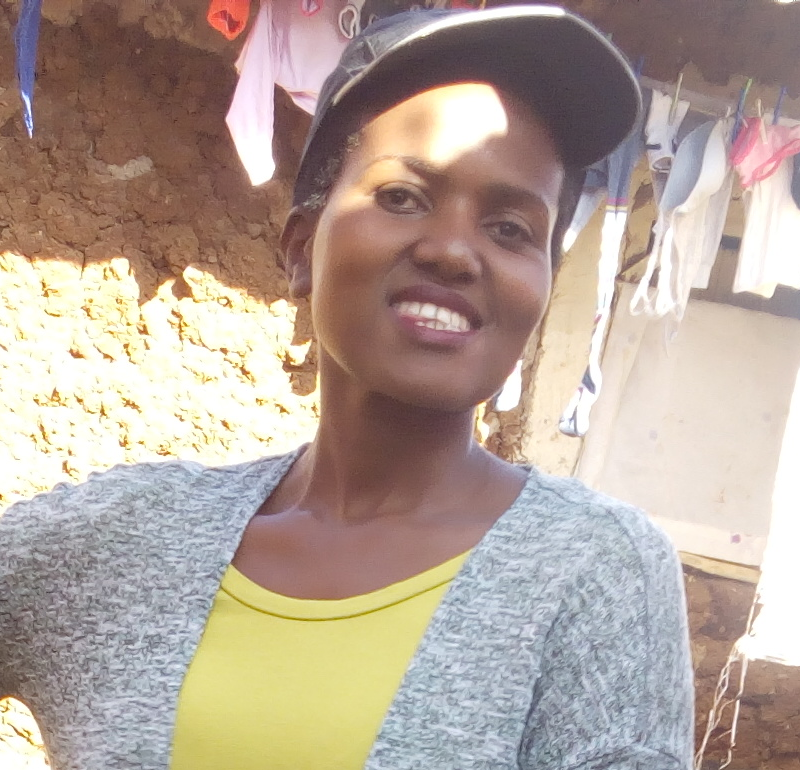Our Keynoter: Nicera Wanjiru Kimani

Nicera is a community trainer who has led qualitative, mapping and research data collection in informal settlements, notably Kibera in Nairobi, Kenya.
Nicera founded Community Mappers, for young people in informal settlements to develop their communities through mapping and data collection. COVID-19 was a catalyst to register this Community-Based Organization (CBO) to support accurate data relating to fast-changing needs. The goal is to operate a professional data collection organization to support regular employment for skilled data collectors in informal settlements.
Data colonialism in communities
When COVID was reported in Kenya, many organizations retreated from field surveys in informal settlements and embraced online data collection for fear of COVID in slums. They overlooked the community – eager for work and skilled in data collection - who could have collected that data. Online surveys missed target populations and inaccurately depicted what was happening.
COVID-19 hit hard in informal settlements. We lost our jobs and businesses shrank. For most families eating was a problem, let alone affording phone credit to answer an online survey. People in dire need did not have phones or sometimes electricity. Almost immediately, crime increased, mob justice increased, and several people were killed. For these reasons, our communities were not well represented in the data reported during COVID.
As a community-based data collector, I knew this wasn’t right. Here were big NGOs, many employing educated Westerners, protecting themselves at our expense in the name of poverty alleviation and justice. How could they not see the irony, and even hypocrisy? As lockdowns and curfews were announced, I wondered why none of the organizations that had trained and hired me as a data collector over the last decade had contacted me. Community-based data collectors were ideally placed to collect information about the rapidly changing situation in informal settlements.
COVID was my catalyst to form Community Mappers in early 2020, a community-based data collection organization. We identify community data priorities, train and hire community data collectors, and conduct household surveys, focus group discussions, and collect other types of data. We reach out to Kenyan and Western colleagues for specific support when we need it, and are working to grow our own capacities.
For example, during the first weeks of the COVID pandemic, we conducted a door-to-door survey in Kibera, Nairobi to collect information about food insecurity using OpenDataKit. We felt it was important to act on the data and to provide relief to the most vulnerable households who responded to our survey. After the survey, we contacted the one hundred most food-insecure households (prioritizing those with children and single parents) and connected them to a local relief agency that provided a one-month basic food package.
In my talk, I outline how typical data collection in informal settlements amounts to data colonialism, and how community-based data collection can sustain more accurate data while providing meaningful career pathways for motivated youth, especially young women, in slums.